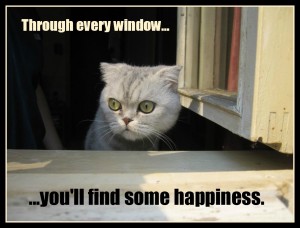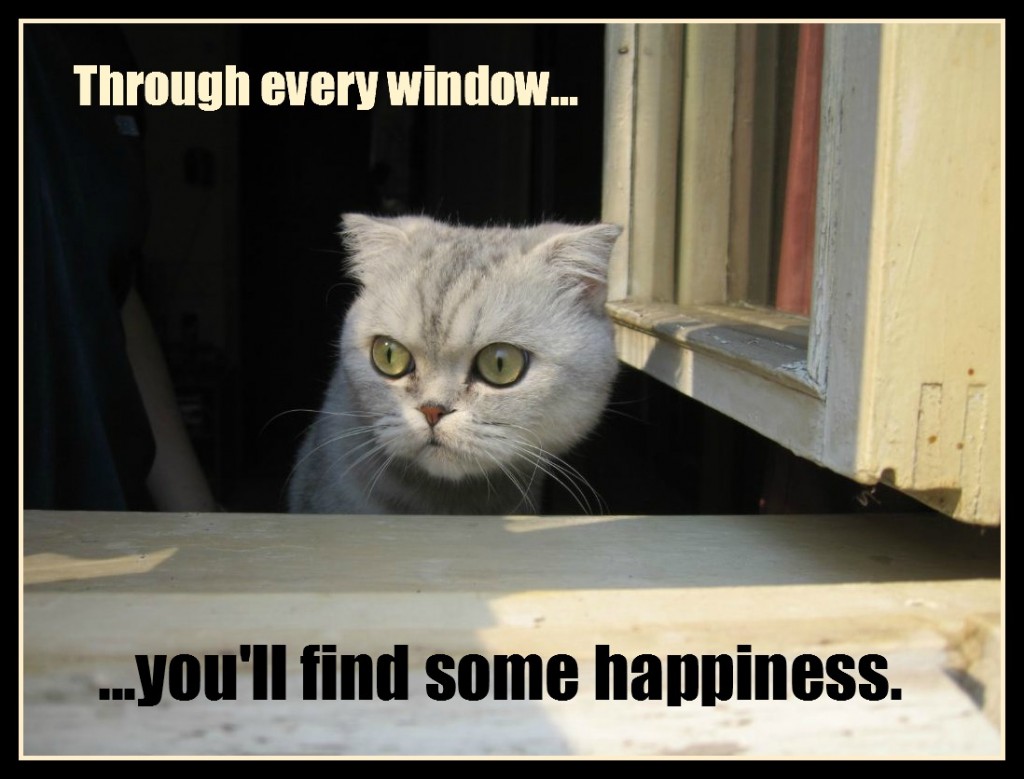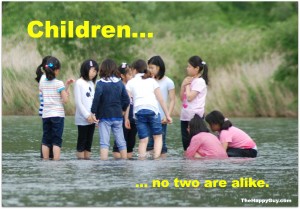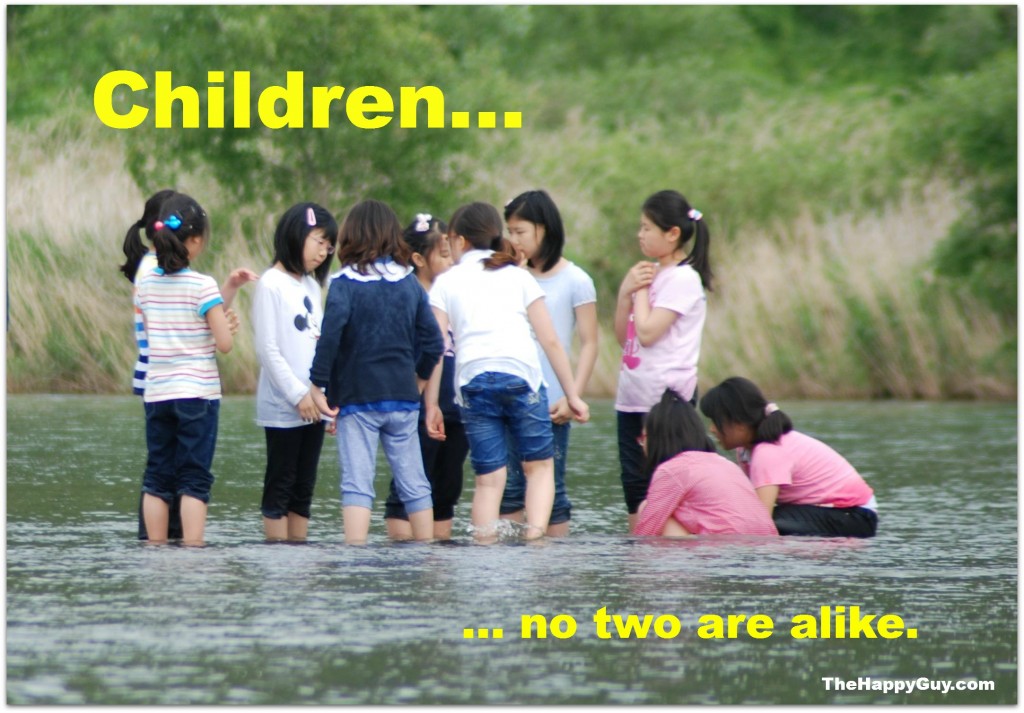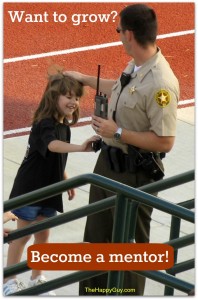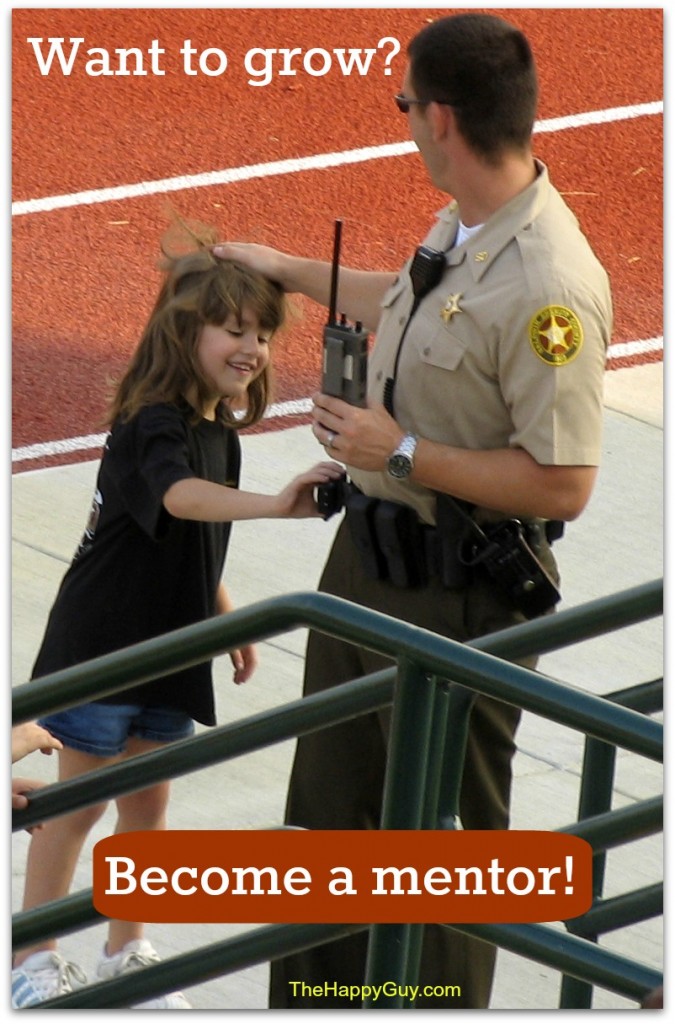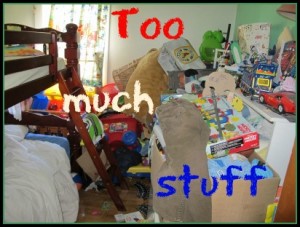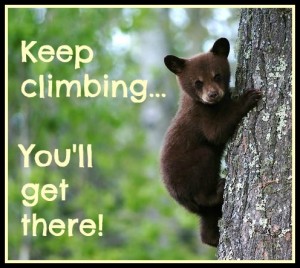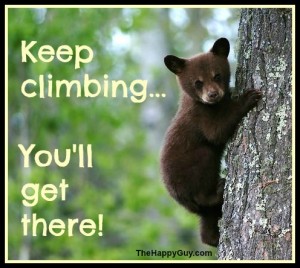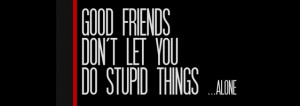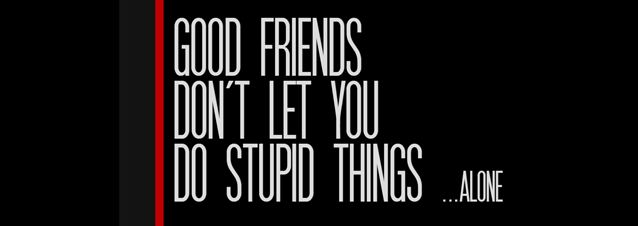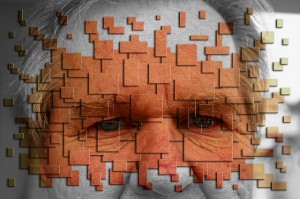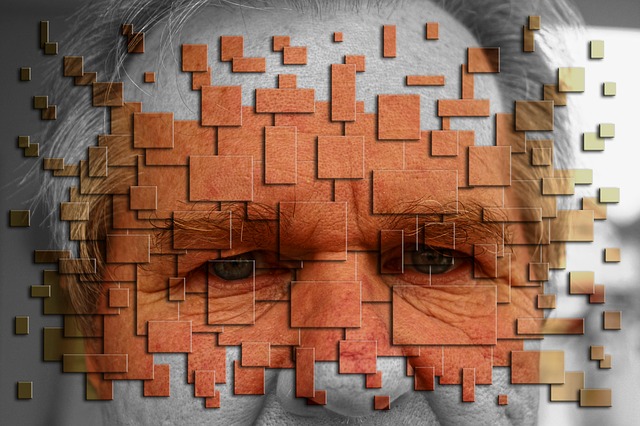Happiness is not about where you are. Whatever window you look through, you can find happiness…if it is happiness you are looking for.
Jeanne Malmgren tries to define happiness, but she finds it’s not that easy. Her article raises some interesting questions about why certain countries rank higher in happiness than others. But in the end, she answers her own questions: “But you and I both know that happiness isn’t really about where you are.”
That’s right. One time I thought I could never be happy if I could not see a tree outside my window. I needed to see real life, a connection to Mother Nature. But it was in our tiny downtown Toronto Condo, where all you could see from the window was concrete, glass and bricks (the Attorney General’s office, a coffee shop, some traffic lights), that I mapped out my own vision for happiness and wrote my book about it. You can believe it was not the view out the window that inspired me, but the view inside me and inside others I spent time with that did.
And wherever I went, I found myself there. I was mobile (still am, thankfully) so my happiness followed me around like a shadow. So did my frustrations, my love, my eccentricities, my desires and pretty much everything about me. One shadow after another after another. So many shadows. So many shadows to choose from.
The same can be said for my friends and family and for all the strangers who passed in and out of my life each day. Each carried happiness within. Each carried love within. Each carried fears and frustrations, desires and gratitude. Each was followed by shadow after shadow after shadow. All of these shadows are pretty much independent of location.
In real estate, it might be location, location, location. But when it comes to happiness, it is all about you, you, you.
By the way, about the title to this blog post…I did not say that homelessness is happiness. 🙂


